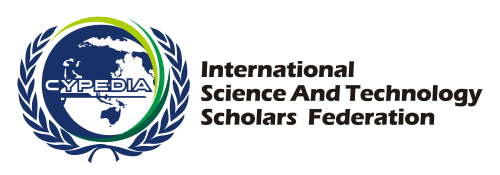AI-Driven Personalized Feedback: Impacts on Undergraduates’ Writing Self-Efficacy and Writing Performance

Abstract
This study explores how AI-driven personalized feedback influences undergraduates’ writing self-efficacy and writing performance, integrating social cognitive theory (SCT) and self-determination theory (SDT) as theoretical frameworks. A randomized controlled trial was conducted with 356 undergraduates (ages 18–22) enrolled in first-year writing courses at two public universities in Canada and the United States. Participants were assigned to three groups: (1) AI-driven personalized feedback (n = 119), (2) generic instructor feedback (n = 118), and (3) no feedback (control, n = 119). Quantitative data were collected via pre- and post-tests using the Writing Self-Efficacy Scale (WSES; Cronbach’s α = .88) and a rubric-based writing performance assessment (α = .91). Qualitative data included semi-structured interviews (n = 45) and student reflective journals. Results showed that the AI feedback group achieved significantly higher post-test writing self-efficacy scores (M = 82.3, SD = 7.8) than the generic feedback group (M = 73.5, SD = 8.4; t(235) = 7.62, p < .001) and the control group (M = 65.2, SD = 9.2; t(236) = 12.18, p < .001). Writing performance scores followed a similar pattern: AI feedback (M = 78.6, SD = 8.1) > generic feedback (M = 70.2, SD = 8.7; d = 0.98) > control (M = 62.8, SD = 9.5; d = 1.73). Qualitative findings revealed that AI feedback’s adaptability (e.g., targeted suggestions for grammar, structure) and timeliness (24/7 availability) enhanced students’ sense of competence (SDT) and mastery experiences (SCT), key drivers of self-efficacy and performance. These results highlight the potential of AI-driven feedback to transform writing instruction, providing implications for educators, AI developers, and writing program administrators.
Keywords
AI-Driven Feedback; Writing Self-Efficacy; Writing Performance; Social Cognitive Theory; Self-Determination Theory; Undergraduate Education
